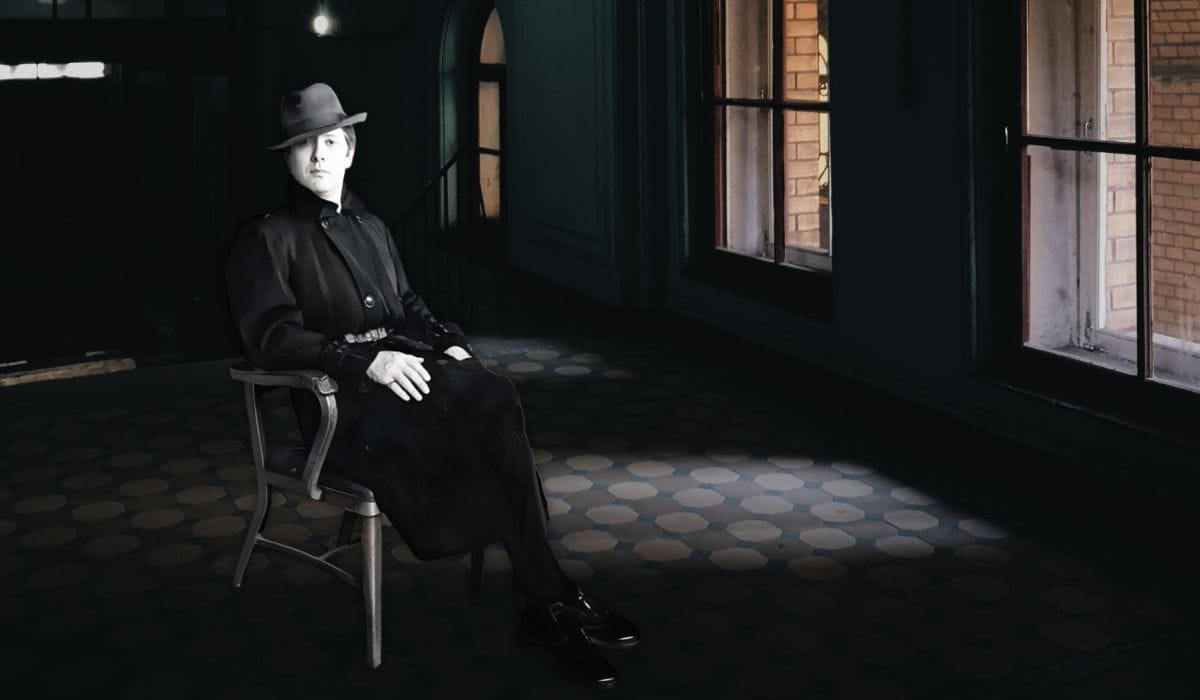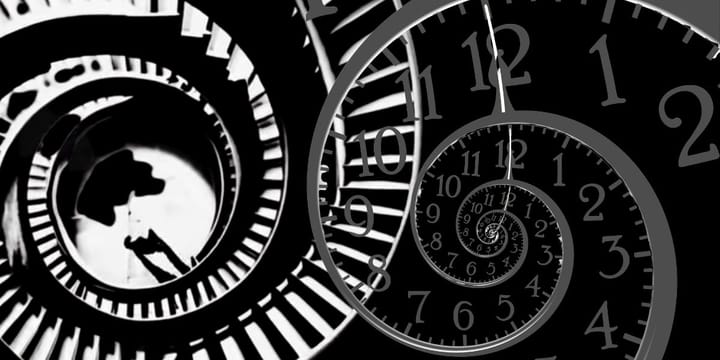Truth is Layered and Messy
When the world comes to destroy you, it’s not because of your lies, but because your existence threatens their fragile fiction. Their violence is a confession, a terrified, preemptive strike against the truth they see reflected in you.

Hey Red! I’ve been a fan since before you became the notorious Red, back in your Stargate days (which, looking back, did you know something we didn't know? WTF, portals?). Yep, even Secretary. When I told a date you were one of my favorite actors, I got the side eye. Yeah. Well, he was sitting right in front of me so not literally side eye, but definitely judgmental. That's okay. I have an instinct for things, and judging me means he considered me worth a moment of his brain space. I also loved you in Sex, Lies and Videotape, Supernova, and White Castle.
You’ve delivered some iconic lines, but there’s one that’s criminally underrated—one that feels even sharper in 2025: “There’s no dust in her Dustbuster.”
It’s almost a throwaway, but it’s the core, the realization of his discontent. In White Castle, Spader’s character notices the Dustbuster at the house of a friend, a tool meant for cleaning up life’s inevitable messes has never seen a single dust bunny. It’s pristine. The metaphor hits: sometimes the neatest, most put-together surfaces are the most suspicious. They’re curated. Performed. Empty of real living. In that moment, the emptiness screams louder than any mess ever could. He realizes he’s surrounded by people and environments obsessed with appearances, with looking flawless at any cost. Everything, even his own life, has become performance. The absence of dust is the absence of honesty, chaos, vulnerability. He aches, suddenly, for the freedom to be messy and real, to break out of the illusion.
This moment is the true turning point. It’s the quiet, devastating crack in the façade that forces a confrontation with a life built on a foundation of untruths. But this impulse to lie, to curate a flawless image, isn't just for the screen. We all do it, mostly to ourselves. We lie to avoid the discomfort of our own imperfections, our failures, and our fears because to face them head-on is to acknowledge a vulnerability that feels like annihilation. We construct these pristine interiors—these dust-free Dustbusters—as a psychological survival mechanism, a way to maintain the illusion of control in a chaotic and judgmental world.
That is the first taste of what Spader would later bring to Raymond Reddington: a man who lives his lies openly and turns deception itself into a strange, brutal kind of truth. Red isn’t just a master of misdirection; he’s someone who’s survived by being honest about his own contradictions. In both roles, Spader gives us a blueprint for living in a world obsessed with surfaces: sometimes the only way to survive is to admit the truth about your own lies.
The thing is, Red’s world is no different from ours. Strip away the criminal intrigue, and what’s left is a familiar machinery. Anyone who’s watched the rise and fall of public figures, especially in the music and entertainment industry, knows how quickly integrity becomes a luxury. Truth is routinely bartered for survival. Compromises are made. Is that not truth? Artists get handled, shaped, branded. Their real stories are often scrubbed away for something more marketable, more headline-worthy.
Sometimes, the only way to keep something of yourself is to lie—just enough to protect what’s left.
But what happens to the soul beneath the performance? It doesn't just wear thin; it can fracture. The greatest risk isn't exposure to the world, but the slow, internal seepage of the fiction into the core of the self. The persona, once a shield, becomes a cage they can no longer see—and the first thing sacrificed are those rare few who value your raw truth over a flawless performance.
Red is a character who lives a thousand truths—one for each of the lives he’s led, each mask he’s worn, each story he’s told. But don't we all? We are a collection of roles: the professional, the parent, the partner, the friend, each requiring a slightly different version of the self.
In The Blacklist, truth is never simple. Red is both liar and truth-teller, manipulator and protector, sinner and savior. His truth is our truth. It is layered, messy, and shaped by necessity. It is a weaponized honesty. It is not pure; it is forged by necessity and with venom, twisted by distorted love and sharpened by the cost of surviving a corrupt world.
When the world comes to destroy you, it’s not because of your lies, but because your existence threatens their fragile fiction. Their violence is a confession, a terrified, preemptive strike against the truth they see reflected in you, a truth that would force them to shatter their own glass house and stand bare in the wreckage.



